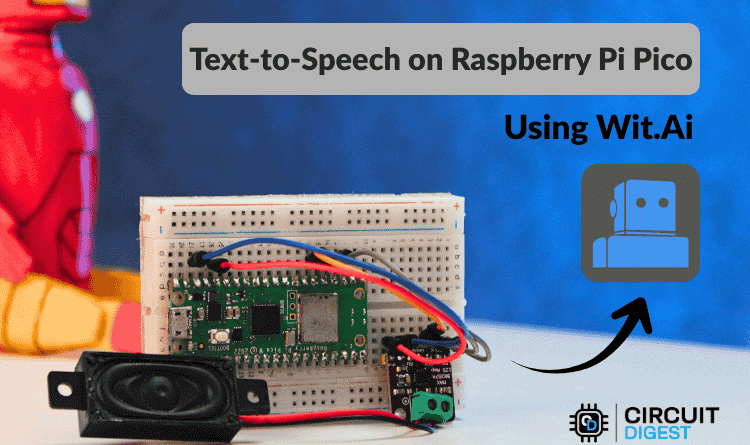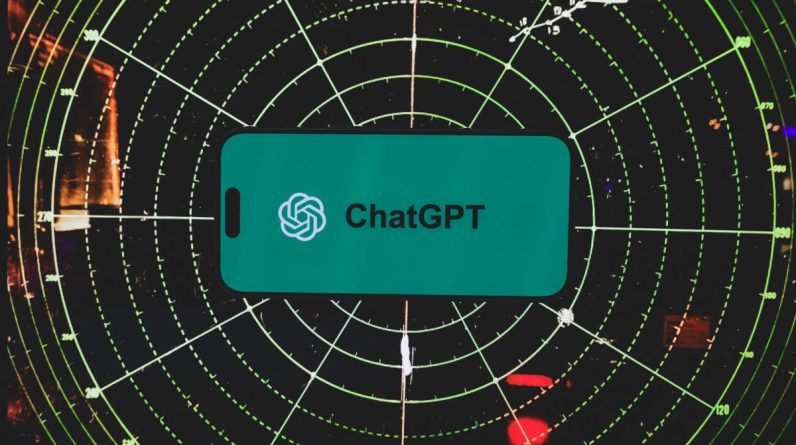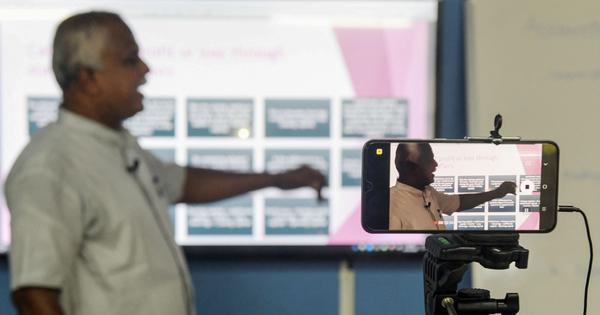The education industry is on the cusp of a revolutionary transformation, powered by advancements in artificial intelligence (AI). This transformation is reshaping how knowledge is delivered, absorbed, and assessed, promising to redefine the educational landscape for both educators and learners. In the heart of this transformation lies a series of major areas where AI’s impact is particularly pronounced: teaching delivery, content generation, content assessment, administrative support, and student support. Through the lens of innovative AI tools like Paradiso AI Tutor and Cognispark AI (AI eLearning authoring tool) we can explore these transformative shifts and their potential to enrich the educational experience. It’s noteworthy that many leading companies are increasingly adopting Paradiso’s products, recognizing their value in navigating this new educational paradigm.
About Sach
Sach Chaudhari, a Harvard-educated AI expert, has founded three successful AI companies and holds 11 patents in the technology sector. With over 20 years of experience in IT, Sach has contributed to the success of over 50 startups and projects, generating over $50 million in revenue for his clients. His deep understanding of AI and its applications makes him an invaluable consultant and mentor for businesses aiming to boost their revenue through innovative AI solutions.
How is AI Transforming Education?
1. Teaching Delivery:
The traditional classroom is transforming with AI, enabling personalized teaching, workshops, and hybrid learning more effectively. AI tutors, capable of recognizing student emotions, are enhancing engagement and participation. Developed to make learning more interactive, these tutors allow for conversational knowledge building, revo- lutionizing the educational experience.
Case study for better understanding:
In a compelling case of personalized learning, a 6-year-old astronomy enthusiast named Amora’s educational journey was transformed by an innovative AI tutor. Inspired by her initial curiosity and the limitations of traditional online learning resources, this AI tutor was developed to offer interactive, engaging sessions tailored to the learner’s interests and engagement levels. Equipped with a machine learning model to fetch the latest data and designed to sense and adapt to the student’s sentiment, the AI successfully sustained and deepened Amora’s interest in astronomy. This case underscores the potential of AI in creating responsive and personalized educational experiences, revolutionizing how young learners explore and connect with their passions.
2. Content Generation
AI’s role in content generation is transforming the way educational materials are created and delivered. Tools are making it possible to generate entire e-learning courses, including assessments and quizzes, tailored to specific grade levels and subjects. This AI-driven approach not only surpasses the average teacher in efficiency but also enables the conversion of existing content into engaging tutorials or videos, thereby revolutionizing content editing and customization.
Example for better understanding:
In a scenario where a small community school lacks the resources for a comprehensive science program, AI comes to the rescue by enabling educators to generate a complete, customized science curriculum. This AI-driven content includes interactive modules, quizzes, and engaging videos tailored to the school’s specific educational standards. Through this technology, students gain access to high-quality educational materials, showcasing AI’s capability to bridge educational resource gaps.
3. Content Assessment
The grading process is undergoing a transformation with AI, where automated systems can assess student responses and grade them accurately. This shift not only streamlines the assessment process but also provides immediate feedback to students, facilitating a more responsive and adaptive learning environment.
Case study for better understanding:
Consider the workload of a literature teacher, Mrs. Lee, who faces the daunting task of grading hundreds of essays. An AI assessment tool offers a solution by evaluating the essays for grammar, coherence, and creativity, providing grades and feedback. This automation allows Mrs. Lee to focus on more personalized instruction and feedback, illustrating AI’s potential to enhance the assessment process and teacher-student interactions.
4. Administrative Support
AI’s impact extends beyond teaching and learning, into the realm of administrative support. AI assistants can handle queries, assess student data, and provide insights, significantly reducing the time and resources traditionally required for these tasks. This allows administrative staff to focus on more strategic activities, enhancing the overall efficiency of educational institutions.
Case study for better understanding:
In a case study at a university, an AI chatbot was used to handle common student questions about admissions, course sign-ups, and events. This significantly cuts down the workload for the staff, allowing them to focus on more complex issues and interact more with students. This example highlights how AI can boost efficiency and improve the quality of administrative services in education, leading to better staff-student engagement and smoother operations.
5. Student Support
AI is revolutionizing student support by serving as the first point of contact for inquiries, effectively addressing up to 80% of questions without human intervention. This reduces the dependency on support staff and ensures that students receive timely and accurate assistance, improving their overall learning experience.
Case study for better understanding:
Sara, a night-owl college student, often finds herself stuck on assignments in the wee hours. An AI support system, accessible anytime, offers her instant clarification on concepts or guidance through problem-solving steps. This 24/7 availability ensures students like Sara can progress in their studies without delay, underscoring AI’s role in enhancing student support and learning continuity.
AI is the Future
The integration of AI into education promises to extend the reach and efficacy of educational initiatives far beyond current limitations. Unlike the passive learning associated with watching online videos, AI-engaged learning is interactive, responsive, and deeply engaging. It represents a significant asset to teachers, institutions, and learners alike, offering a glimpse into a future where education is more accessible, personalized, and efficient.
How AI is transforming education
K12 Education
AI enhances personalized learning by adapting educational content to each student’s needs and pace, improving engagement and understanding. It also streamlines administrative tasks, allowing teachers to focus more on teaching.
Continuing Education
In continuing education, AI facilitates adaptive learning platforms, enabling professionals to efficiently reskill or upskill. It also assists in career development by recommending personalized learning paths based on market trends.
Higher Education
AI contributes to higher education by supporting research through data analysis and introducing smart campus initiatives for safety and sustainability. It also enriches learning through virtual assistants and personalized educational experiences.
AI is a big Wave, if you’ll not swim, you’ll be swept away
Artificial intelligence (AI) is like a big wave changing our world quickly. Just like when strong currents push us, if we don’t learn to swim with them, we might get swept away. In the same way, if we don’t update our businesses to work well with AI, we risk falling behind or getting lost. To stay ahead and succeed in this new age, we must welcome AI, using its power to open new chances and paths. In simple terms, getting good at AI isn’t just about keeping up with new tech; it’s about moving into the future confidently and skillfully, using AI to help us grow and innovate.








